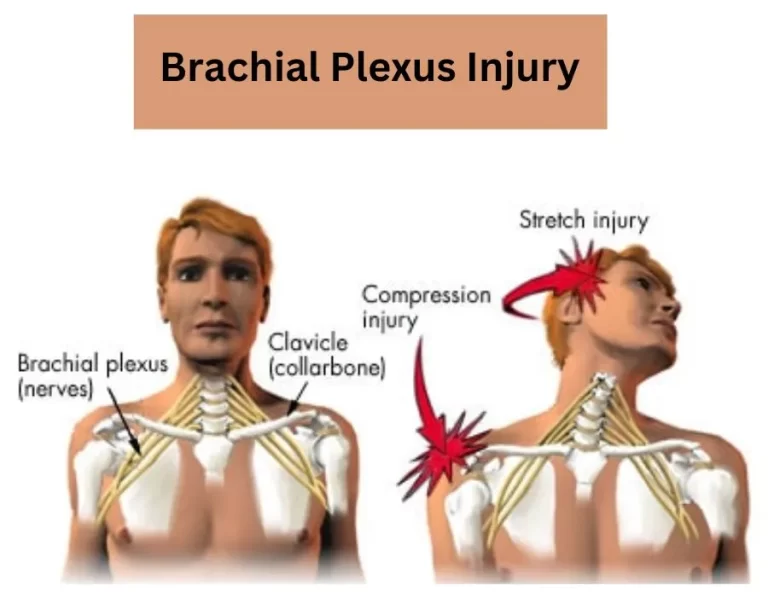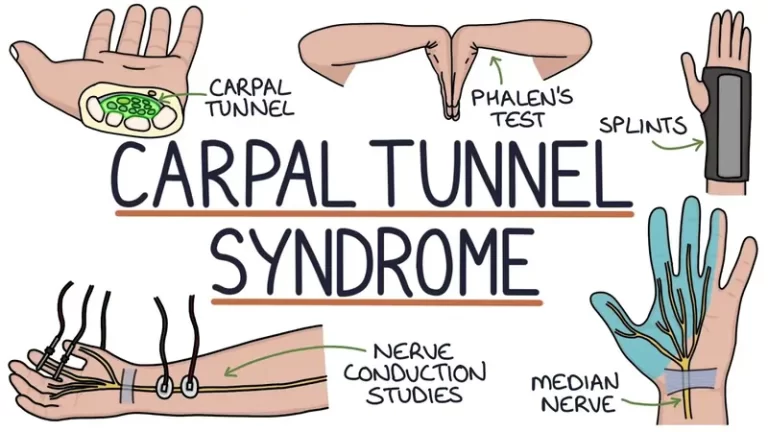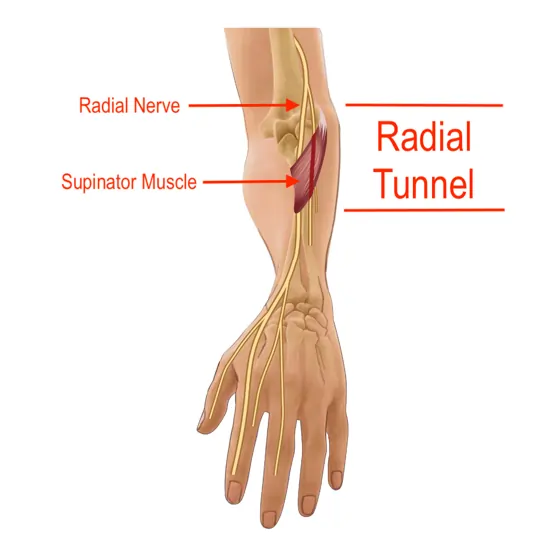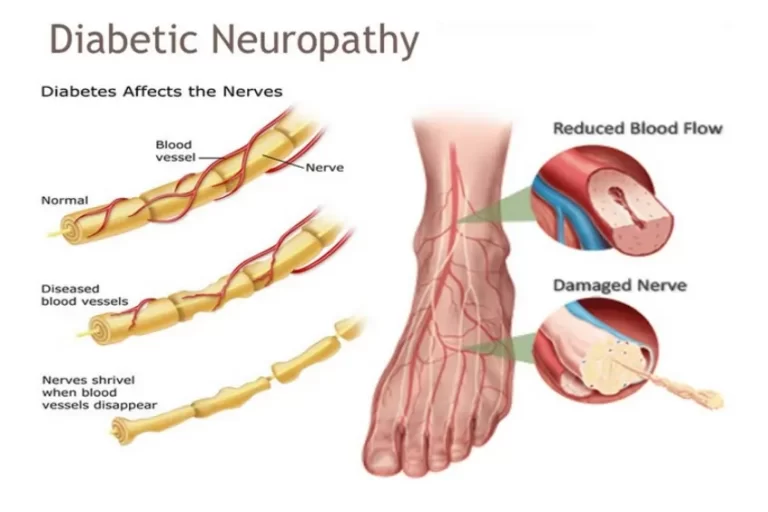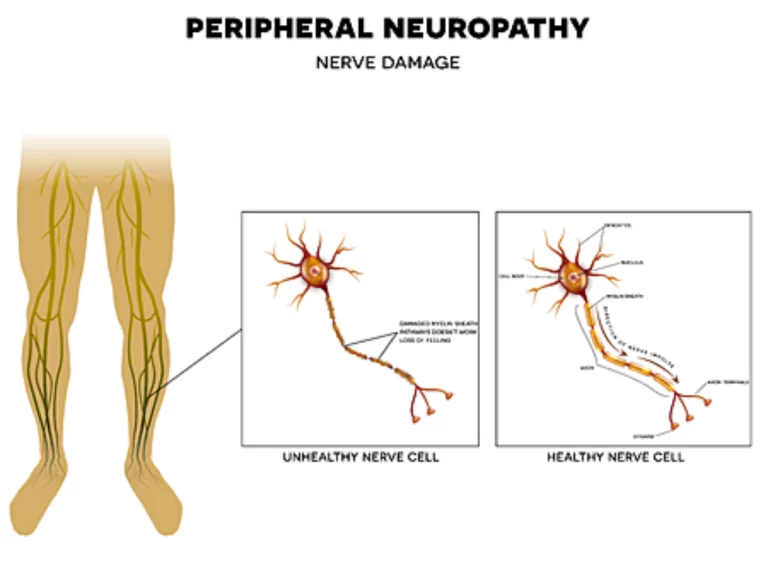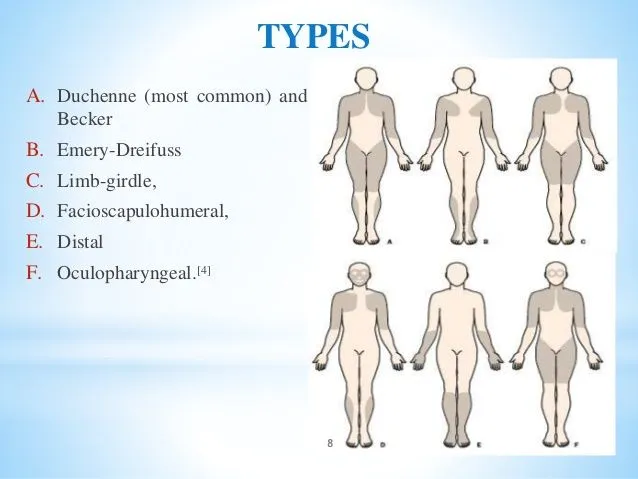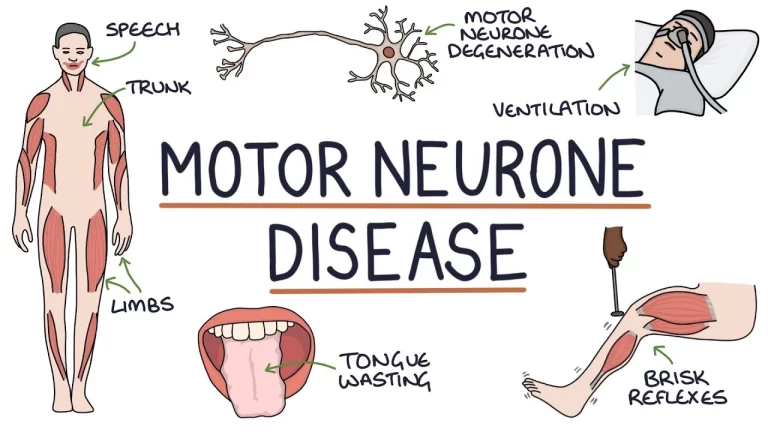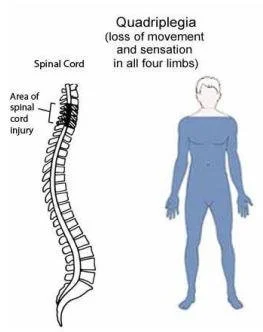Brachial Plexus Injury
Brachial plexus injury refers to damage to the network of nerves that runs from the spinal cord to the hand, arm, and shoulder. The brachial plexus is the network of nerves that runs from the spinal cord to the hand, arm, and shoulder. The brachial plexus is harmed when these nerves are strained, compressed, or…

